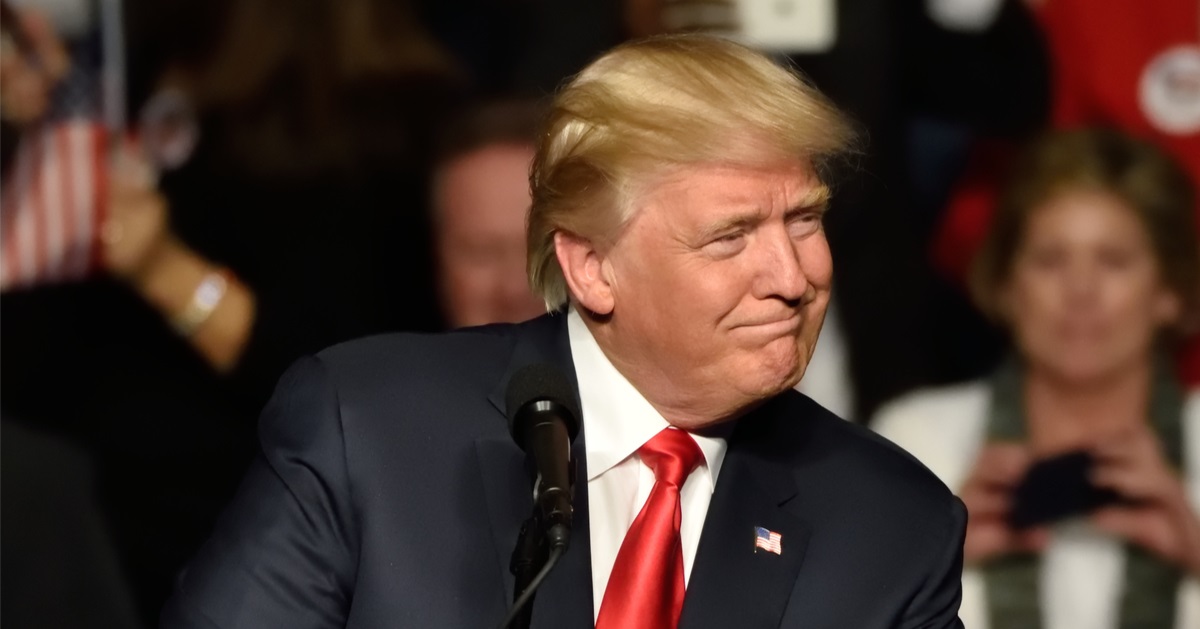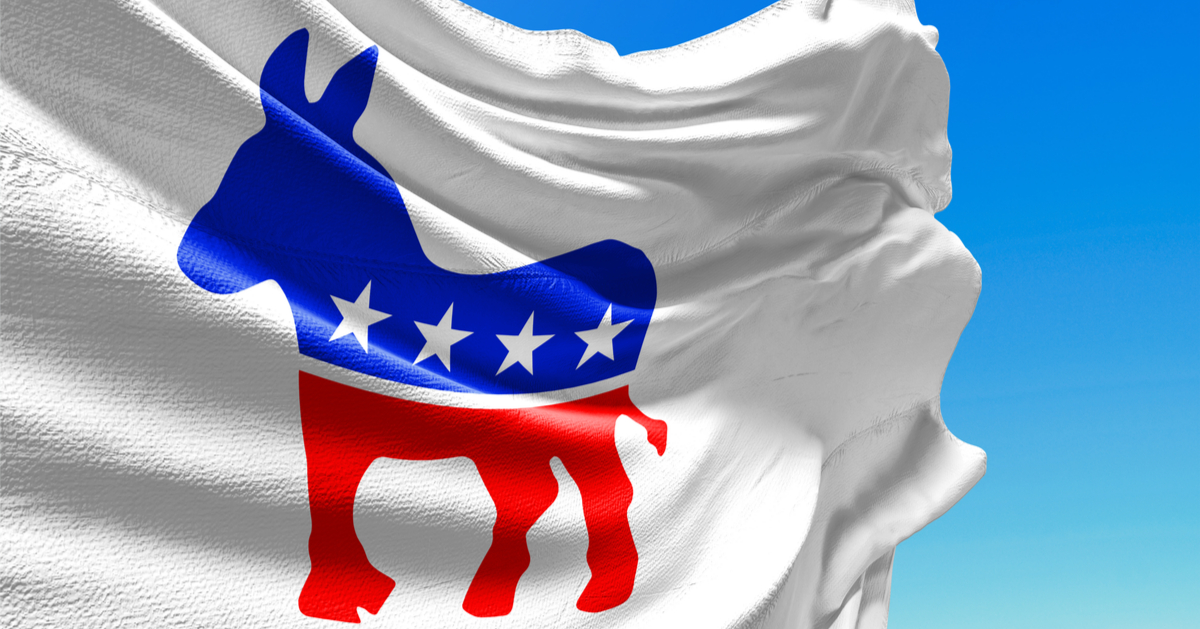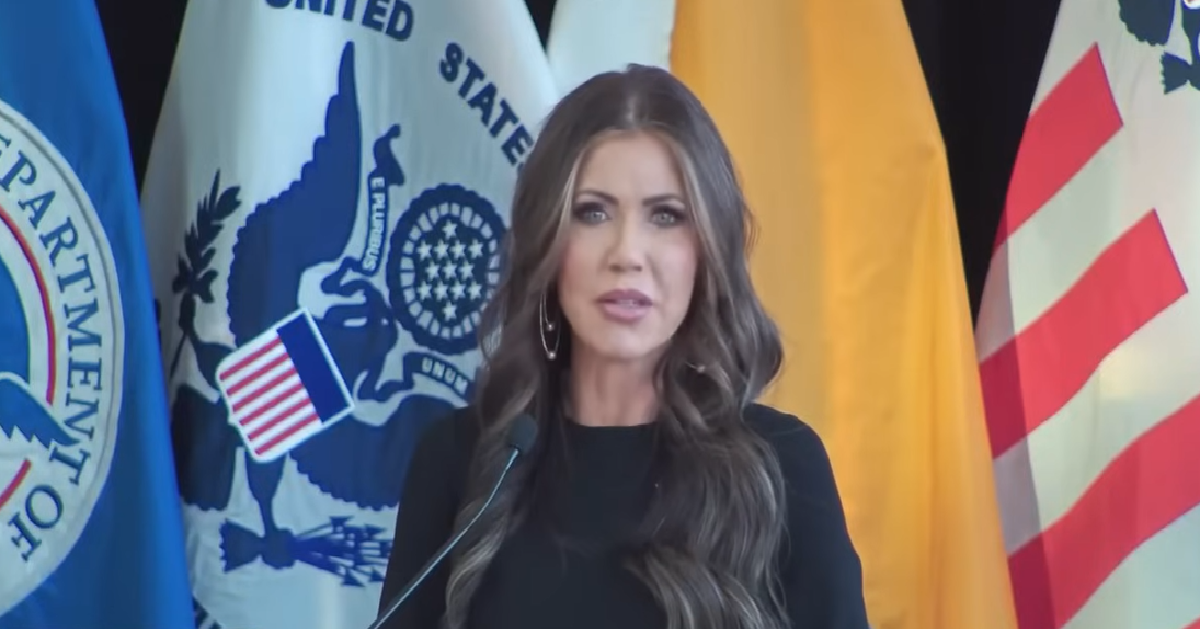Ossoff claims win after Trump administration restores afterschool funding
Sen. Jon Ossoff (D-GA) claimed a win over the Trump administration on Thursday following its action to release afterschool funding that had been frozen for almost a month after the expected release date.
Around $40 million in funding for the 21st Century Community Learning Centers program was passed by Congress and signed by President Donald Trump as part of a $6 billion package affecting at least 25 states.
It was expected to be released July 1st, but was not released until Wednesday.
State officials had been complaining about the funding freeze and criticizing Trump for it prior to the disbursement.
Bipartisan urging
The Georgia program serves at least 27,000 Georgia youth in 230 communities, according to The Brunswick News. It is the largest after-school program in the state.
A coalition of 24 states led by California was suing the Trump administration over the funding, but Georgia didn't join the lawsuit.
It seems that Trump might have been concerned that the funding would be used on "woke" priorities rather than to actually help the students academically.
Democrats were not the only ones protesting the freeze; a group of 10 Republican senators wrote a letter to Trump urging him to release the funding.
“We share your concern about taxpayer money going to fund radical left-wing programs,” the senators wrote to the Office of Management and Budget. “However, we do not believe that is happening with these funds.”
Larger process
There has also been a larger process designed to cut all wasteful funding and trim the size of the DOE, if not outright dismantle it from the inside.
Funding freezes have also been used by DOGE and other agencies to review spending prior to making cuts.
Once funding is appropriated by Congress and signed by the president, it can't just be withheld indefinitely.
It can remain unspent and then be rescinded or reappropriated, however.
It is completely appropriate and constitutional to shift the burden of education funding back to the states, rather than making it a federal expenditure.
The kind of bureaucracy that exists in many agencies of the federal government was never intended by our founding fathers, and the Constitution provides for a tiny federal government compared to the way things are now.






